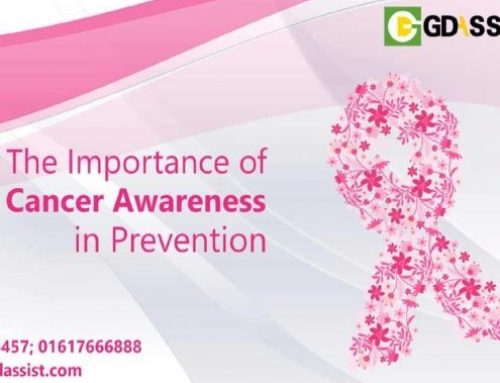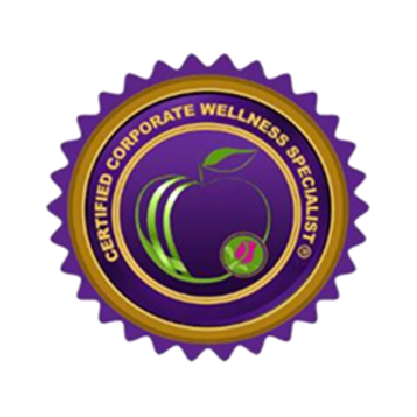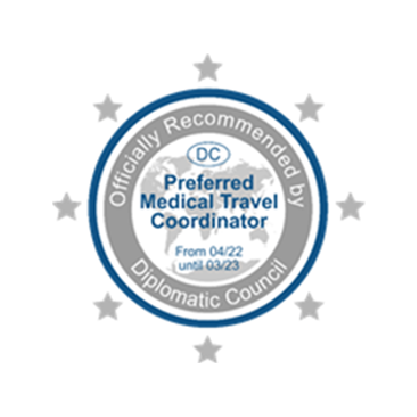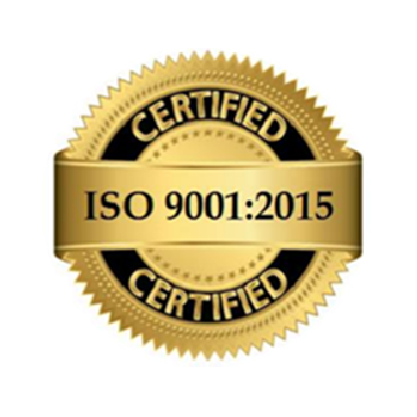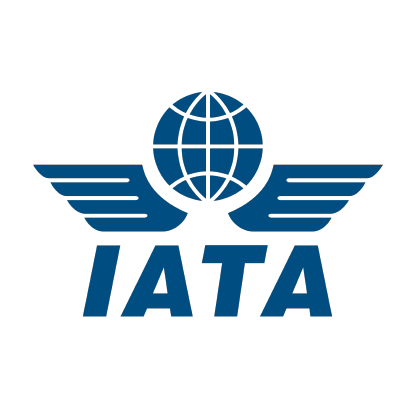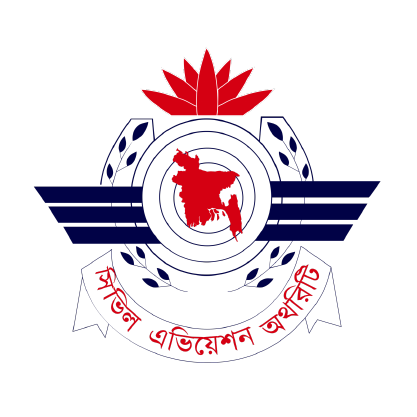Importance of deciding the best doctor for your treatment
Though healthcare choices are highly personal, most would agree that excellence and expertise in medical care is crucially important. On the contrary, inadequate screenings during routine check-ups and subpar treatment of critical illnesses may result in inferior care and can have costly and tragic results. This exercise underscores an important realisation: In curing patient, top doctors can have an enormous impact – so much so that the hospital in which they practice generally do not tend to have much of an influence on the outcome.
Also, the practice of shortlisting the hospital first, however reputed it might be, may be a decision against a favourable healthcare outcome, as the hospital might not have healthcare specialists who are renowned for a particular medical speciality. Hence, it is much more important to shortlist the doctor first. As it is, the reputation of the doctor will precede everything else and chances are that he/she will be practicing only in the top hospitals that are equipped with the most modern healthcare infrastructure and facilities. Hence, identifying the right medical specialist will take care of the choice of a high-quality hospital but, conversely, shortlisting a top hospital first may leave a question open on the quality of its resources, especially for a particular medical domain.
For patients visiting top doctors and healthcare specialists, the value of receiving first-class medical care is measured in the quality of the treatment, in a longer life span and also in a financial outlay that is anchored on affordability. Extraordinary examples exist everywhere that demonstrate the point that finding the best doctor can make a significant difference in a patient’s life.
Consider the following case studies.
Rahman, in his early sixties and carrying a few extra pounds, needed a knee surgery. So he chose a physician who practiced near his home. Two years after his operation, he still uses a cane much of the time. A few months ago, his family forced him to visit a specialist. To his dismay, he was told that his earlier surgery had gone wrong and if it was done right, he would be walking upright and without any support.
Parul was examined by her local physician, who advised her that lumps in her breast were likely malignant and recommended an immediate mastectomy. However, closer investigation by a specialist revealed that the lumps were in fact benign and Parul could thus avoid the cost, trauma and pain of a radical mastectomy.
Farookh, a manager at a financial services firm, developed a problem in his left eye. A local ophthalmologist identified glaucoma and told him that he needed immediate surgery. However, Farookh took a second opinion by visiting a top specialist who has been successfully treating him with eye drops ever since.
In curing patients, top doctors can have an enormous impact – so much so that the hospital in which they practice generally do not tend to have much of an influence on the outcome.
A highly regarded medical specialist is one who has undergone rigorous training, possesses longstanding experience and is vastly respected by his/her peers and the medical fraternity at large. Also important is the fact that he/she constantly upgrades his/her knowledge to remain at the cutting-edge in the world of medicine and on top of their professions. This is especially vital as expertise and leading-edge technology are both particularly important in diagnosing and treating such common modern-day ailments as cancer, stroke and cardiovascular afflictions. Also, administered by a top doctor, sophisticated techniques can help alleviate the sufferings of patients and have higher cure rates,specifically for cancer.
One of the other important characteristics of a top healthcare professional that could help you determine him/her as the best medical resource for your treatment dwells in his/her ability to empower patients. For instance, in cases where other physicians will force the elderly to avoid, say heart surgery, a top doctor may be able to counsel them with his insights, wisdom and track record and operate on them and achieve excellent outcomes. Also, stroke victims, in the hands of a top professional, can recover to an excellent degree that was earlier impossible to achieve. Moreover, world-class neurosurgeons can deal with bleeding strokes that were formerly considered to be inoperable. The bottomline: The differences between the ‘most-skilled’ and the ‘less-skilled’doctors/surgeons are as much striking as theyare remarkable and top doctors can help patients in ways that are far superior than those provided by others in the medical community.
But while patients intuitively know this to be true, most lack the resources to make the best choices when they fall ill. Many of them rely on referrals from the family physician; yet, even a trusted and competent physician may not be the best source of information. Doctors are busy with their practicesand their referral contacts are usually restricted to their network. Moreover, few have time to research who is the best for a particular procedure or medical problem. That often leaves patients exposed to a key health risk – that of making an important decision based on information that may not be fully accurate.
The differences between the ‘most-skilled’ and the ‘less-skilled’ doctors/surgeons are as much striking as they are remarkable and top doctors can help patients in ways that are far superior than those provided by others in the medical community.
Today, an independent assessment of medical care is more important than ever before. Why? Simply because of inherent vested interests. Pharmaceutical companies are obligated to those physicians who are prescribers of their drugs. Many publications and online resources recommend healthcare providers who pay to get their names mentioned. To several health insurers, a physician’s charges are often a more important factor than quality. Hence, in this scenario, it is crucial for a patient to heed the advice of a specialist who has no such conflicts of interest and who’s core purpose is to help patients find healthcare providers who deliver superior results.
In the context of the criticality of selecting the right medical specialists, general citizens might not have the information of shortlisting top doctors catering to their requirements. They might have to rely on third-party opinions, which might also be inaccurate.
To help mitigate this risk and to connect a patient’s specific medical condition with a top specialist who can then recommend the right treatment course for early and effective cure, healthcare tourism companies like GD Assist are at the forefront to solve this challenge faced by most patients. GD Assist possesses a rich database of top doctors and hospitals in most of the prominent medical tourism hubs of the world and in every medical specialty. This rigorously-selected list is based on professional assessments and not on unreliable third-party commentary or other such sources. Importantly, GD Assist’s intensive doctor selection methodology is designed to identify specialists who will speed patients’ healing, minimise pain and discomfort, shorten recovery periods and enhance and lengthen lives. In other words, help patients achieve the best possible health outcomes.
GD Assist’s intensive doctor selection methodology is designed to identify specialists who will speed patients’ healing, minimise pain and discomfort, shorten recovery periods and enhance and lengthen lives.
So call GD Assist today for an appointment. For in matters relating to healthcare, one cannot take a gamble.
GD Assist
Hotline: 16457; +8801617666888. Email: gdal@green-delta.com
Website: gdassist.com


